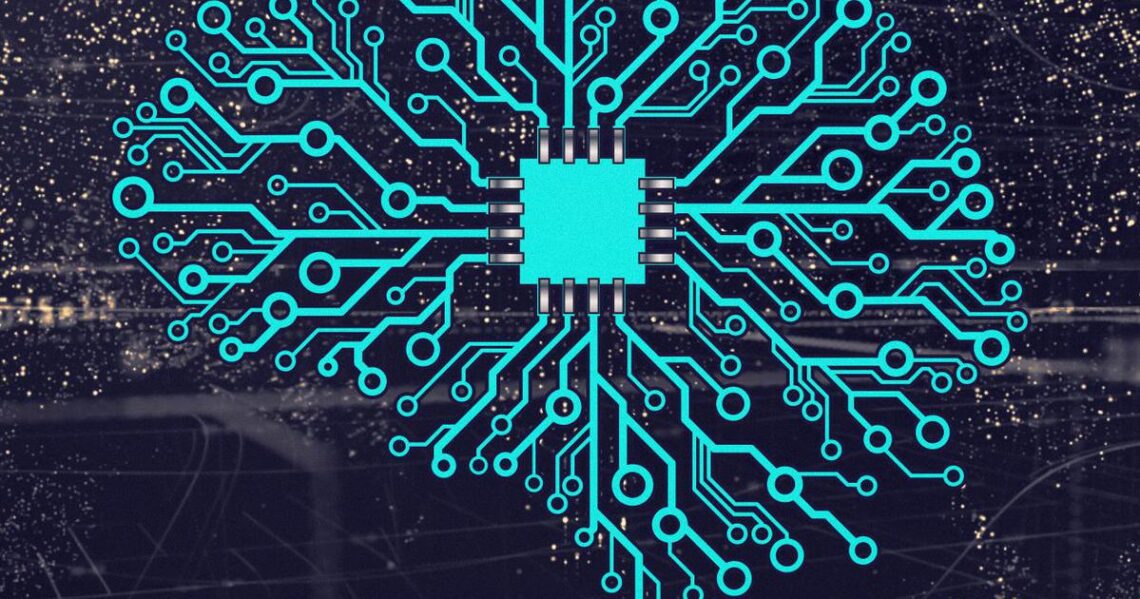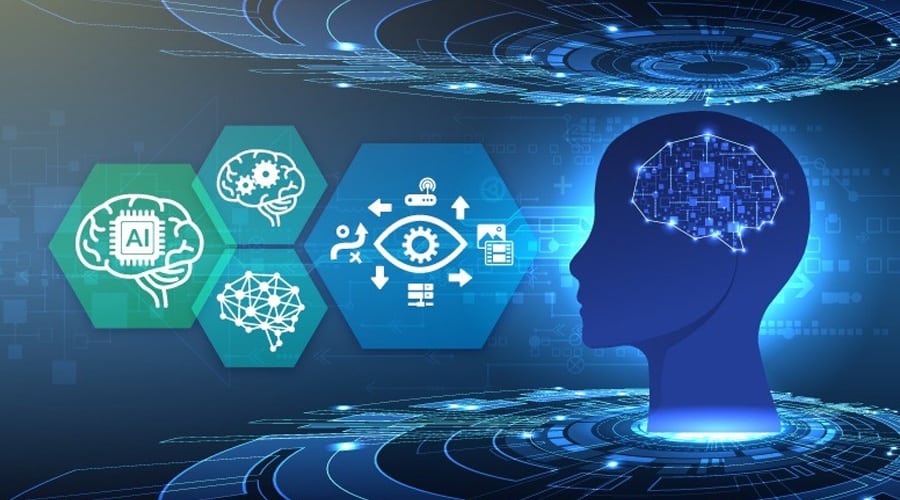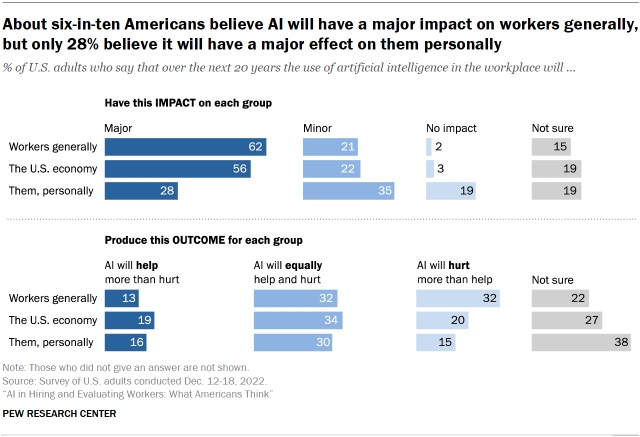
Will Computers and AI Take Over Society In The Future?
The advent of digital life has brought about a significant transformation in human activities, augmenting our abilities while also disrupting aeons-old traditional practices. With widespread access to code-driven systems that offer unmatched connectivity and access to information, new possibilities emerge for our society along with risks. As computers and AI continue to proliferate through emerging algorithm-driven technologies, it raises the question of whether they will soon take over our society in the future.
There is no simple answer to this question, for one can never accurately forecast human development. For example, seventy years ago, more people imagined a future with flying cars, than with the expansion of “thinking” computer systems. Moreover, the development of computers and AI depend on a range of factors, including technological progress, social and economic trends, and ethical considerations.

On one hand, it is an agreed fact that computers and AI have the potential to transform many aspects of society and enhance human productivity – in fact, they already do. Experts believe that networked artificial intelligence will amplify human effectiveness and spoke of the wide-ranging possibilities. Many suspect that computers might match or even exceed human intelligence and capabilities on tasks such as complex decision-making, reasoning and learning, sophisticated analytics and pattern recognition – the list goes on. Furthermore, according to the European Parliament’s Think Tank 2020, 11-37% is the estimated increase of labour productivity related to AI by 2035. This supports the idea that “smart” systems in communities, infrastructures and on farms can save time, money, lives, and offer opportunities for individuals to enjoy a more customised future.
On the other hand, many believe that networked artificial intelligence also has the potential to threaten human autonomy, agency, and capabilities. In a 2018 study of experts at Pew Research Center, nearly 1,000 individuals from various fields including technology, business, research and activism were asked whether they believe AI will have a positive or negative impact on people’s lives. Most experts, regardless of their optimism, expressed concerns over the long-term impact of these new technological tools on the essential elements of being human. They raised worries including job loss, data abuse, privacy and security concerns, and the reduction of individuals’ cognitive, social, and survival skills. For example, many were anxious that people’s deepening dependence on machine-driven networks might erode their abilities to think for themselves, take action independent of automated systems, and interact effectively with others.

However, it is also important to keep in mind that computers and AI are tools that are ultimately created and controlled by humans. As such, their impact on society will depend largely on how they are designed, implemented, and regulated. If appropriate measures are taken to ensure that these technologies are developed responsibly and ethically, they can offer many benefits to society while minimising potential risks.
Ultimately, the question of whether computers and AI will take over society in the future is totally shaped by a complex interplay of technological, social, and ethical factors. This deems it impossible to predict with certainty what the future may hold. However, by remaining vigilant and proactive in our approach to these technologies, we can work to ensure that they are developed and used in ways that are beneficial to humanity as a whole, and will change our future society for the better.
Bibliography
- Anderson, Janna, and Lee Rainie. “Artificial Intelligence and the Future of Humans.” Pew Research Center: Internet, Science & Tech, Pew Research Center, 10 Dec. 2018, www.pewresearch.org/internet/2018/12/10/artificial-intelligence-and-the-future-of-humans/.
- “Blog Competition Open Now!” Immerse Education, www.immerse.education/blog-competition/#scroll2.
- European Parliament. “Artificial Intelligence: Threats and Opportunities | News | European Parliament.” Www.europarl.europa.eu, 23 Sept. 2020, www.europarl.europa.eu/news/en/headlines/society/20200918STO87404/artificial-intelligence-threats-and-opportunities.
- Heaven, Will Douglas. “How AI Is Reinventing What Computers Are.” MIT Technology Review, 22 Oct. 2021, www.technologyreview.com/2021/10/22/1037179/ai-reinventing-computers/.
- McKenna, Caora. “Will AI Take over the World? And Other Questions Canadians Are Asking Google about the Technology.” The Globe and Mail, 31 Mar. 2023, www.theglobeandmail.com/business/article-artificial-intelligence-chat-gpt/




